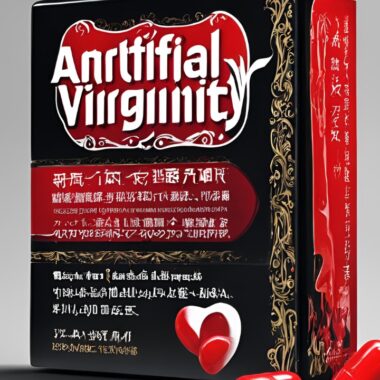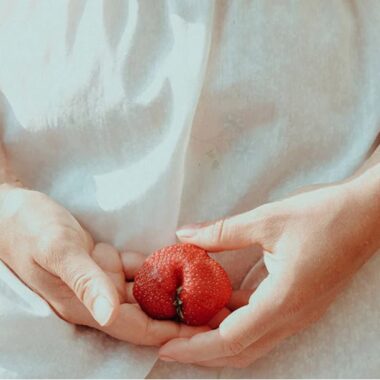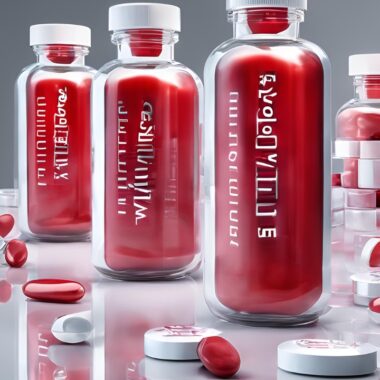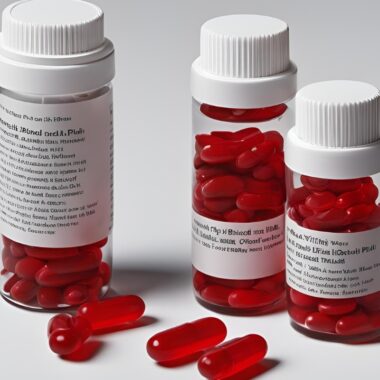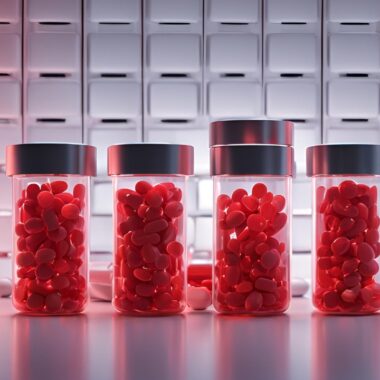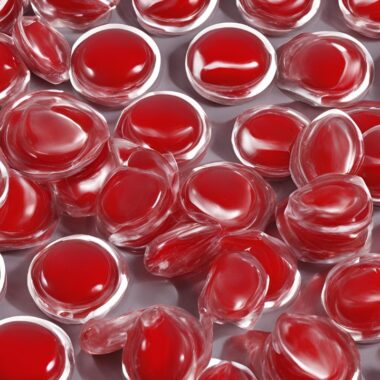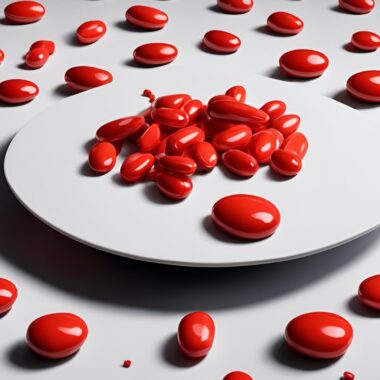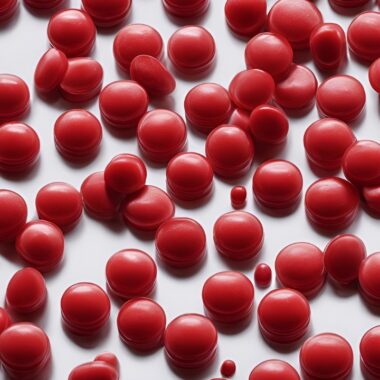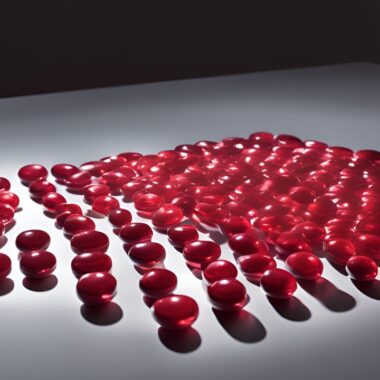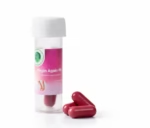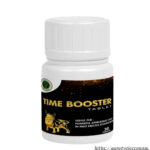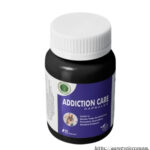What is Henna leaves??
Benefits of Henna leaves:-
How to use Henna leaves:-
Side effects and precautions: –
- Oral: Henna is NOT SAFE when taken orally. Accidental swallowing of henna requires immediate treatment. It can cause stomach upset, muscle weakness, kidney failure and death.
- When applied to the skin: Henna IS SAFE for most adults when applied to the skin or hair. It can cause side effects such as redness, itching, heat, inflammation, blisters and skin damage. Often this allergic reaction is due to an ingredient added to henna.
Additional facts:-
Frequently asked questions (FAQ)
What is the use of Henna leaves?
Henna leaves are used in many religious purposes as well as has some amazing medicinal values too. Henna leaves treats stomach ache, inflammations, skin diseases, acidity, hair fall. Henna leaves also have the power to cure high cholesterol levels, high blood pressure, Diarrhea, Arthritis, etc. Henna leaves increases the immune system of our body.
Why henna is bad for you?
It has not particularly been found that henna is harmful to hairs. Black henna is harmful to some people because it has a danger chemical called paraphenylenediamine. It decreases the strength of hairs and making it harmful for hair. But if you take it in small and regulated amounts then it cannot be bad for hairs.
Is henna leaf good for hair?
Henna leaves are good for hair. It increases the hair holding strength and provides nutrition to your hairs. It has all the chemicals and nutritional values that are needed for good hairs. You have to use it regularly for best results. It is advised to apply the paste of Henna leaves on the scalp for hair growth.
Can we eat henna leaves?
Yes, you can eat henna leaves but not raw or direct after plucking. Wash the leaves before taking them. Raw leaves can harm your body harshly. Eat the henna leaves while empty stomach in the morning. Do not take it regularly for more than 2 months. Henna leaves surely have some great health benefits if you consume it accordingly.


